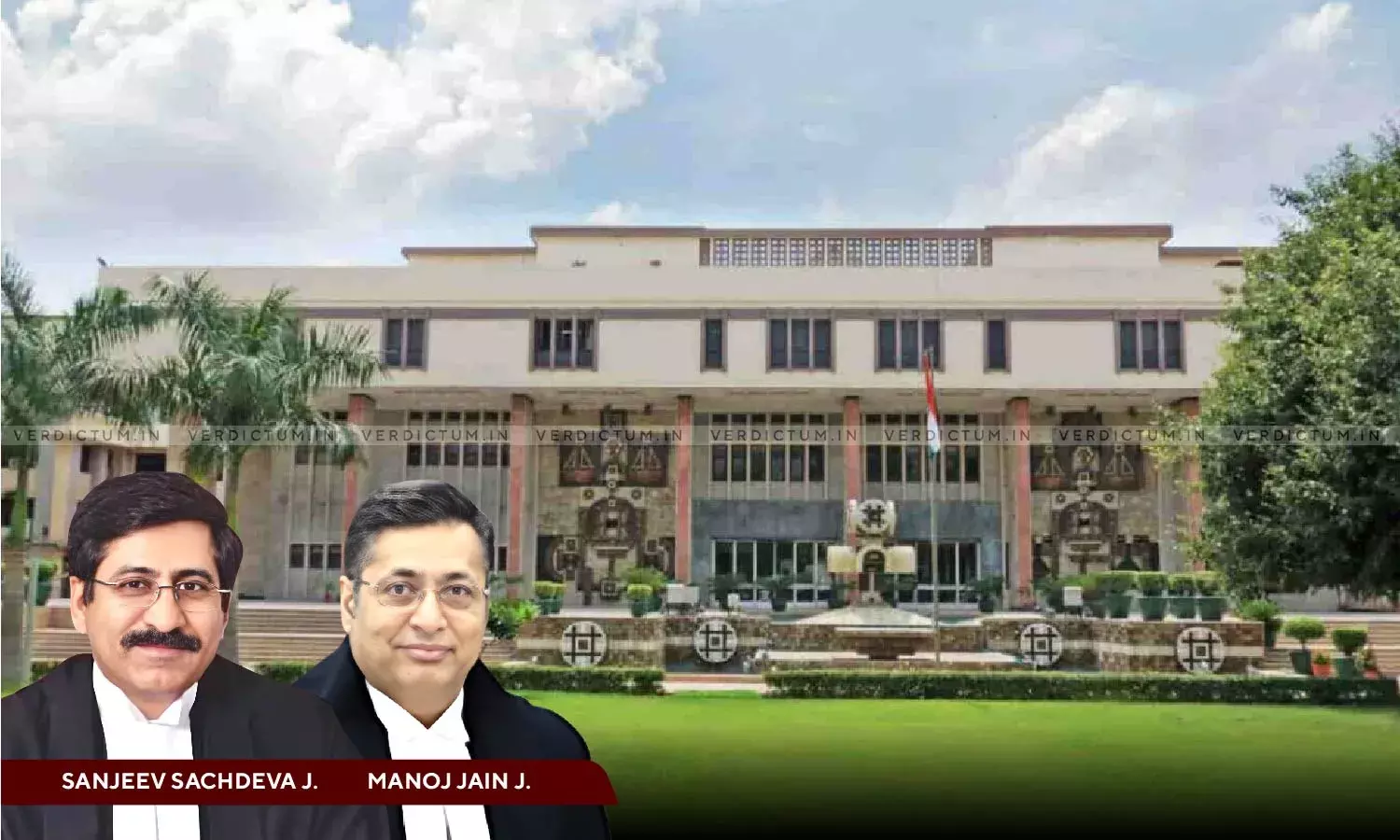NABARD Pension Regulations: Employee Tendering Unconditional Resignation Is Not Entitled To Pension: Delhi HC

The Delhi High Court recently dismissed a petition filed by an Indian Army Clerk and subsequently an employee of the National Bank for the Agriculture and Rural Development (NABARD), who had sought directions to the Union of India to release pensionary benefits in accordance with Regulation 4 of NABARD Pension Regulations, 1993 (Regulations) after he had resigned from serving the government for more than 21 years (inclusive of his stint in Indian Army).
The observed Finding that the unconditional resignation letter tendered by the Petitioner did not even remotely indicate that he had opted for voluntary retirement, the Division Bench of Justice Sanjeev Sachdeva and Justice Manoj Jain observed that “it is totally immaterial and inconsequential whether petitioner had completed requisite qualifying service to apply for voluntary retirement as he had chosen to resign. He never sought voluntary retirement and there is no material which may persuade us to assume his resignation as voluntary retirement. Such construction and assumption is neither manifest from the record nor permissible in the eyes of law as it would make the provision of Regulation 18 of the NABARD Pension Regulations 1993 redundant and non-est”.
The Division Bench highlighted that when any employee resigns, he takes a conscious and deliberate decision, and therefore, seeking voluntary retirement and resigning might be voluntary in nature but these operate differently.
Advocate Sudha Varshney appeared for the Petitioner, whereas Advocate H.S. Dahiya appeared for the Respondent.
The issue that came up for consideration was whether an employee who tendered an unconditional resignation was entitled to pension in view of Regulation 18 of the Regulations.
The High Court rejected Petitioner’s contentions that he had to resign on account of some harassment since no particulars in this regard had been submitted making such contentions unsubstantial and in the air.
The High Court elucidated that the Petitioner was not an illiterate man and had earlier served in Indian Army at the clerical level and had substantial service in NABARD.
Thus, “It cannot be imagined that he did not know the difference between ‘resignation’ and ‘voluntary retirement’ which was as obvious as the difference between chalk and cheese. Even if the allegation of harassment from his seniors were to be accepted, nothing prevented him from seeking voluntary retirement”, added the Court.
The Bench, therefore, concluded that the question of qualifying service, evidently, pales into insignificance as consequent upon Petitioner’s voluntary resignation, his entire past service stood forfeited and, therefore, he was not entitled to any pensionary benefit.
Cause Title: Krishan Kumar Singh v. Union of India [Neutral Citation: 2023: DHC: 4037-DB]
Click here to read/download Judgment

